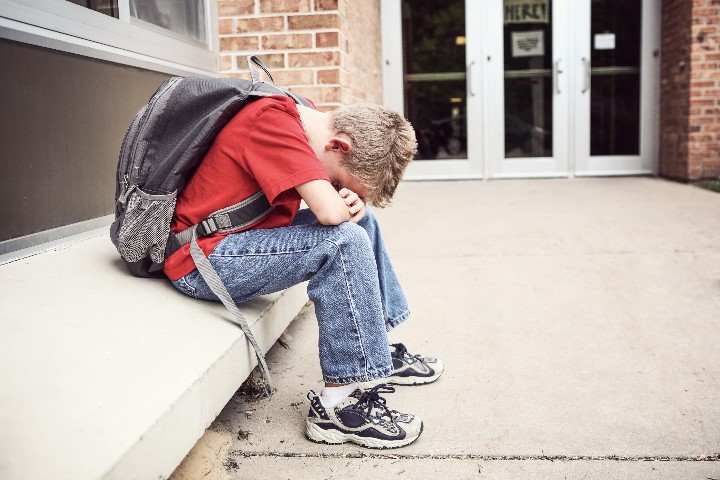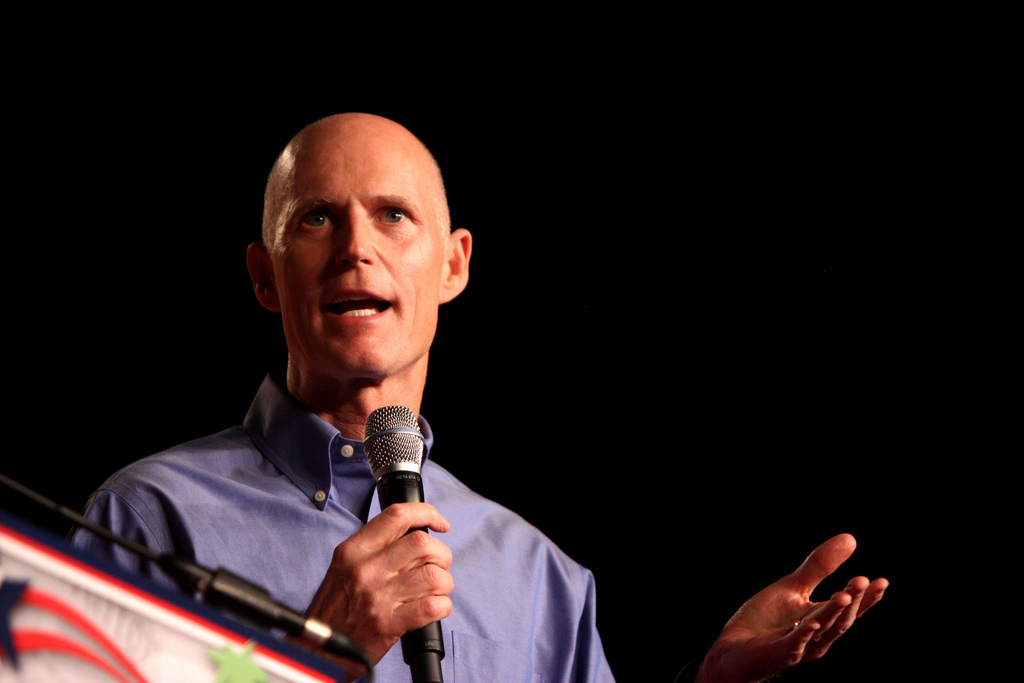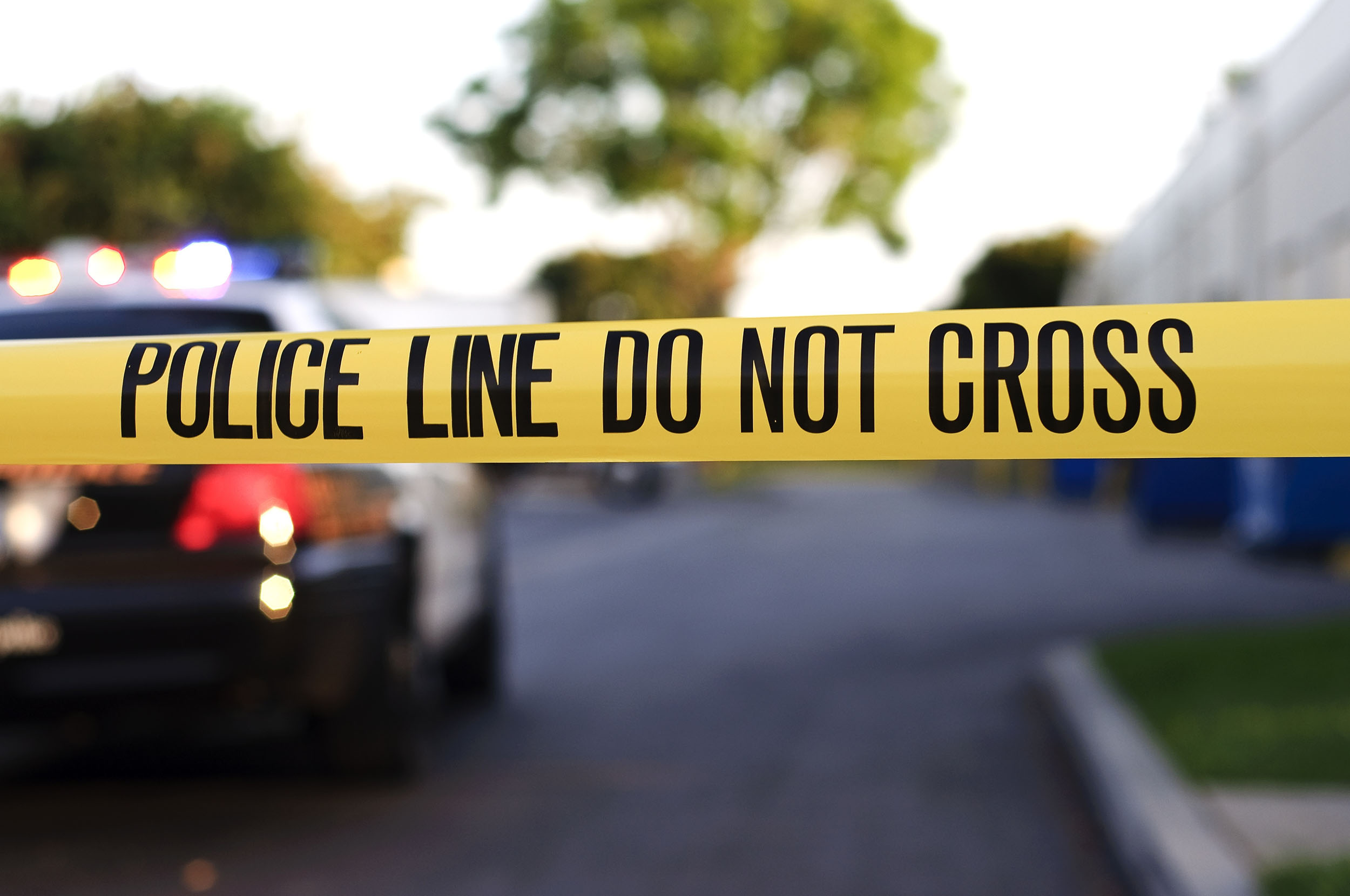The suicide of a 12-year-old Mississippi boy who was relentlessly tormented by school bullies is sparking a movement to divert more money to anti-bullying programs.
Cheryl Hudson told WMC Action News her son Andy Leach was teased relentlessly by kids at Southhaven Middle School – mocked as fat, ugly and worthless – and she believes it’s directly to blame for his suicide.
Her other son found Andy’s lifeless body hanging in a room at his father’s house in March.
“One minute I feel like I’m numb. The next minute I break down,” she said. “I can’t fathom another parent having to put their child in the ground the way we just did.”
Hudson channeled the grief of her son’s loss into “Andy’s Voice,” a foundation dedicated to suicide prevention and anti-bullying efforts.
Cheryl and her husband Matthew announced the new mission at a recent rally that drew dozens of folks who celebrated Andy’s life and offered messages of hope, WMC reports.
The audience included DeSoto County District 7 state Rep. Steve Hopkins, who told the news site he plans to introduce a bill called “Andy’s Law” to create a special fund to collect profits from state lotteries to fund anti-bullying programs.
“That money would be one of the sole purposes of helping our schools, resource officers, counseling, training with anti-bullying programs,” Hopkins said. “Everything that’s available to address the situations in our schools today.”
“With the representatives that we have here, with the amount of people that we have here, the noise is getting louder for change in Mississippi and that’s what we want to do,” Matthew Hudson told folks at the rally.
“This is such a big deal, not just in DeSoto County but everywhere,” Cheryl Hudson said, “and we need to start right here in our backyard and grow from there.”
While there are surveys that suggest that bullying in public schools is decreasing, Professor James Hunter of the Institute for Advanced Studies in Culture reminds us, “We can only care for the young in their particularity.” There are no generalizable abstractions or one-size-fits-all solutions to bullying. Every school culture in its particular moral ecology must be addressed. Hunter continues, “If we are not attentive to and understanding of these contexts, we are not caring for real, live human beings, but rather abstractions that actually don’t exist at all.” These parents are to be celebrated for turning their pain into concrete programs of action.
For more on creating a strong moral ecology in schools, see The Content of Their Character.
For teachers and principals interested in student moral and character formation, information can be found at the UK’s Jubilee Centre website.







